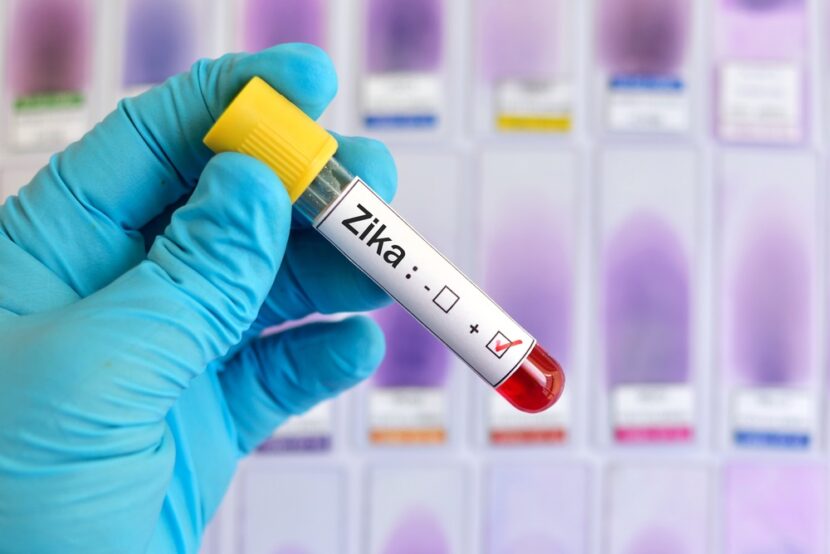A meeting of the Emergency Committee (EC) on Zika and microcephaly under the International Health Regulations was held on November 18th, resulting in the situation being downgraded from an emergency to an issue requiring longer-term research and management.
The EC originally recommended a Public Health Emergency of International Concern (PHEIC) in February 2016 on the basis of an extraordinary cluster of microcephaly and other neurological disorders reported in Brazil, following a similar cluster in French Polynesia associated with the Zika virus which required urgent and coordinated and research.
Because research has now demonstrated a link between Zika virus infection and microcephaly, the EC felt that a robust longer-term technical mechanism was now required to manage the global response.
As a result, the EC felt that Zika virus and associated consequences remain a significant enduring public health challenge requiring intense action, but no longer represent a PHEIC as defined under the International Health Regulations.
Based on this advice, the Director-General declared the end of the Public Health Emergency of International Concern (PHEIC).
“We are not downgrading the importance of Zika,” said Peter Salama, executive director of WHO’s health emergencies program, told The New York Times. “We are sending the message that Zika is here to stay and the WHO response is here to stay.”
The tsunami of microcephaly cases that was expected to surge across Latin American has failed to materialize as had been feared, but many people have been affected by the virus, and pregnant women are urged to take precautions.

